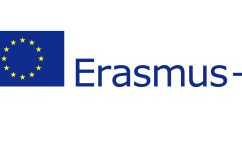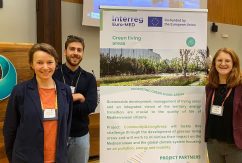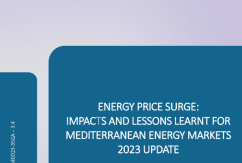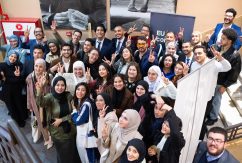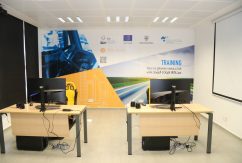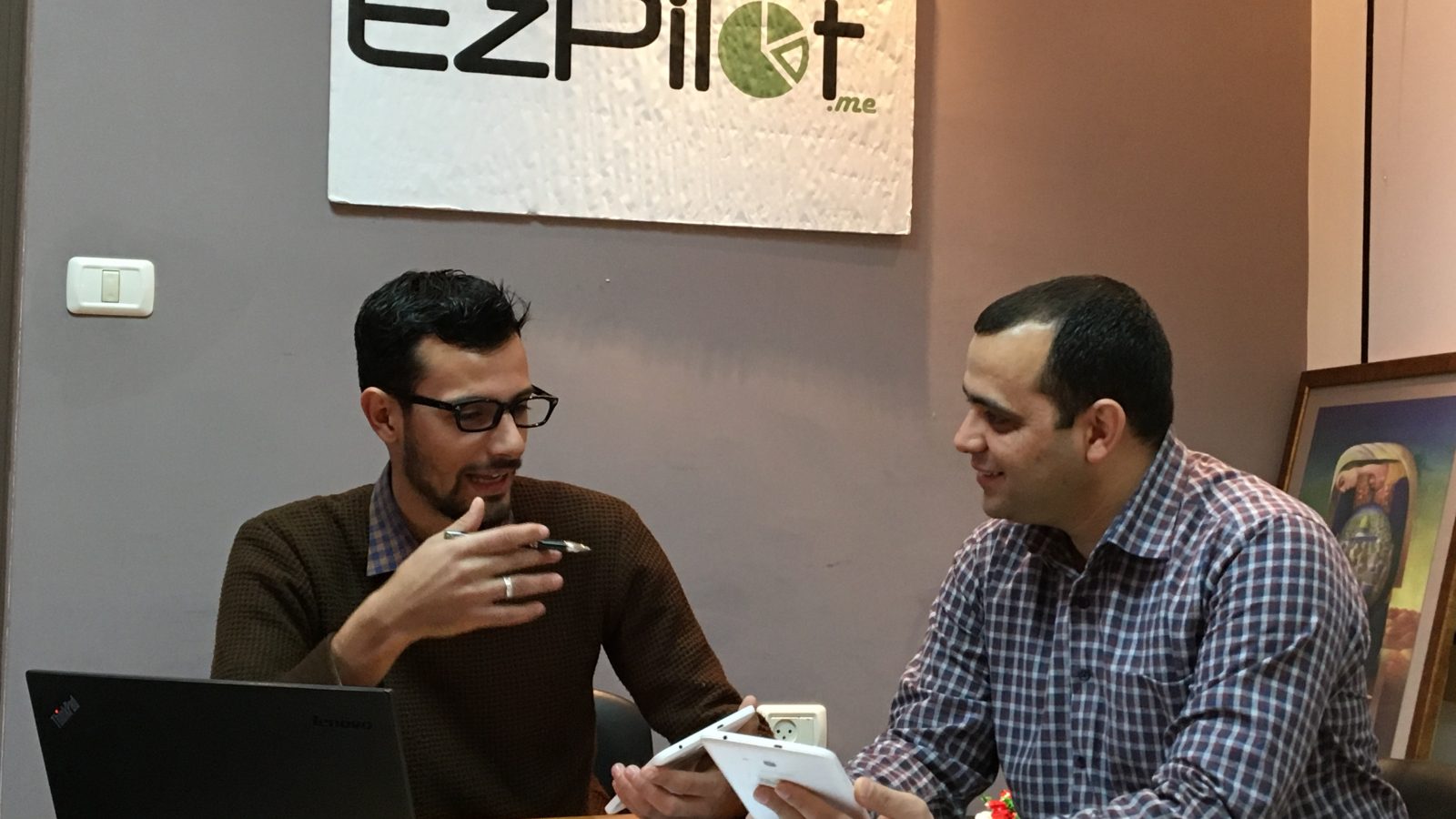EU supports the improvement of Palestinian enterprises’ access to finance
Through the Enhancement of the Business Environment in the Southern Mediterranean (EBESM) Project, the EU is helping Micro, Small and Medium Enterprises (MSME) grow by improving their access to finance
Palestinian Micro, Small and Medium Enterprises (MSME) are the backbone of the Palestinian economy. The estimated 38,000 MSME in Palestine account for more than 95% of businesses in the country. In spite of their crucial role in economic growth and poverty reduction, Palestinian MSME face major challenges; chief among them is access to finance.
The European Union, through its Enhancement of the Business Environment in the Southern Mediterranean (EBESM) project, is contributing to improving MSME access to finance by helping shape and push forward policy recommendations geared toward improving MSME access to finance and facilitating dialogue aimed at mitigating capital risk among creditors.
EzPilot, a small Palestinian enterprise that provides data collection and analysis services using new technologies and mobile applications, vividly depicts the challenges facing Palestinian MSME in their quest for growth with regard to access to finance.
An introductory brochure describes EzPilot as an automated solution that provides high-quality data collection and analysis, geo-tracks surveyors and incorporates multimedia questions. It is also a green solution that eliminates the use of paper forms in data collection and analysis.
EzPilot is owned by Salah Hussein, 23, from Zeita village north of the West Bank. Hussein’s funding for developing his solution came from whatever money he could make from part time projects as a tech savvy such as installing software or networks.
Despite encouraging demand, Hussein faces problems growing his business due to lack of capital. “Presently, I cannot take more than one project at a time. If I had more money, I could purchase more tablets and form more data collection teams,” Hussein explained.
Hussein has tried to acquire capital to grow his business. His attempts have not been successful. On February 8, 2017, Hussein participated in an EBESM seminar organized in Ramallah entitled “Stimulating entrepreneurship and MSME growth in Palestine: What is needed from the financial sector to play a greater role in accompanying entrepreneurs and MSME growth in Palestine?” He hopes to contribute to a fruitful dialogue over this issue, which has stifled his growth potential, and ultimately getting a business loan.
Investors interested in startups like his gave too much weight to the risk of investing in new ideas and sought to impose their wills on the way projects were developed and managed, he explained.
On the other hand, Banks are reluctant to provide financing to projects like EzPilot, where a lot of financial resources are spent on research and development without much to show. “Banks wanted collateral, but the only thing I could offer was my laptop. My programming code is not worth anything to loan officers,” Hussein said.
Nagham Halawani, owner of Mama’s Delights, is another entrepreneur who participated at the seminar and shared Hussein’s grievance. Halawani started her cake business at home and did marketing by herself through Facebook before increased demand for her delicious products convinced her to open a shop in Ramallah.
Halawani said that because Mama’s Delights was a startup and a new product, banks’ conditions were very difficult to meet. There was a problem with the value of the approved line of credit compared to the amount of money she needed to set up her business. She was offered USD 45 thousand out of USD 80 thousand she applied for. The interest rate was high. “The loan was more of a personal loan. No importance was given to the business,” she explained. “In addition, the bank set a condition of buying new equipment whereas I could have bought used equipment at a much lesser cost,” she added.
Through the “Enhancement of the Business Environment in the Southern Mediterranean” (EBESM) Project, the European Union (EU) is partnering with ten countries of the South European Neighborhood (ENP-South) region to address problems and obstacles facing enterprises such as EzPilot and Mama’s Delights. The ten partners are Algeria, Egypt, Israel, Jordan, Lebanon, Libya, Morocco, Palestine, Syria and Tunisia.
Started in 2014, EBESM has been contributing to improvement of the business enabling environment for MSME in the ENP-South region in line with EU best practices. Convinced that MSME have a great potential to contribute to a robust, inclusive and sustainable growth in most ENP-South countries, EBESM aims at raising awareness and strengthening the policy dialogue around MSME development issues, including access to finance. The project contributes to the strategic objective of the Euro-Mediterranean Partnership of helping to create an area of shared prosperity between the EU and Mediterranean partner countries.
EBESM is aware that entrepreneurs continue to experience difficulties when seeking financing for their businesses, especially during the startup and first growth stages. Current studies clearly indicate that access to finance remains insufficient compared to overall MSME needs. In most Mediterranean countries less than 20% of credit financing goes to MSME.
Speaking at the Ramallah seminar, Manal Shkoukani, Deputy Minister of the Palestinian Ministry of National Economy, said EBESM has helped the Ministry evaluate its policies regarding MSMEs in Palestine, identify challenges such as access to finance, especially for startups, and help formulate policies by the Palestinian Monetary Authority to address such challenges.
Through her involvement with EBESM, the deputy minister understands that there is still no policy focusing on creating a conducive and enabling environment for investors, MSME and entrepreneurs. “This has become a major goal of the strategy for economic development in the National Policy Agenda,” she noted.
Shkoukani also credits EBESM with facilitating dialogue to address the access to finance issue, leading to qualitative transformation on the side of lending institutions in targeting the MSME sector despite the hesitation due to the high risk. “The project has created a marriage between the demand and supply sides for capital. In the past, the supply side worked independently from the demand side. The first time they all participated together was through this project,” she said.
Shkoukani acknowledges that a real transformation reflected in the amount of loans given to MSME will take some time. She is very optimistic about the future nonetheless. With EBESM’s contributions, the path for future startups like EzPilot and Mama’s Delights will be smoother.

